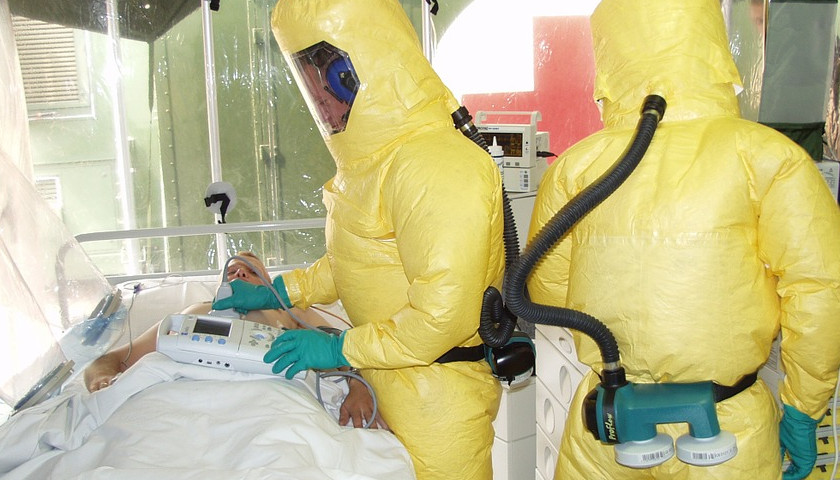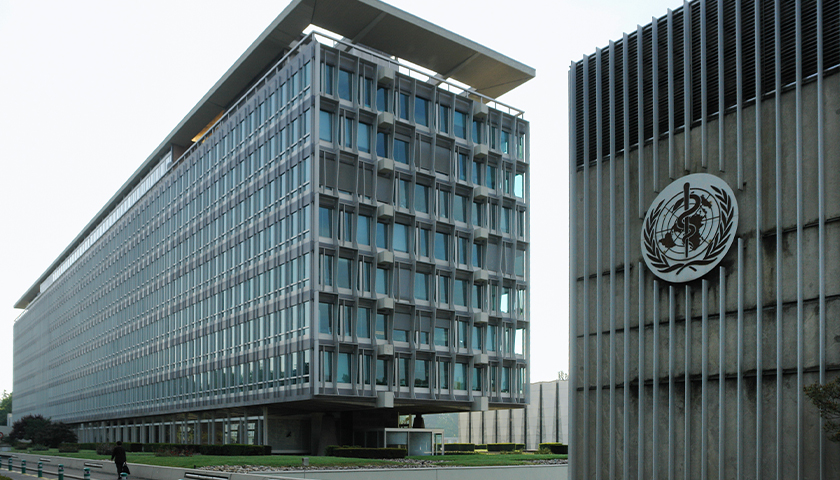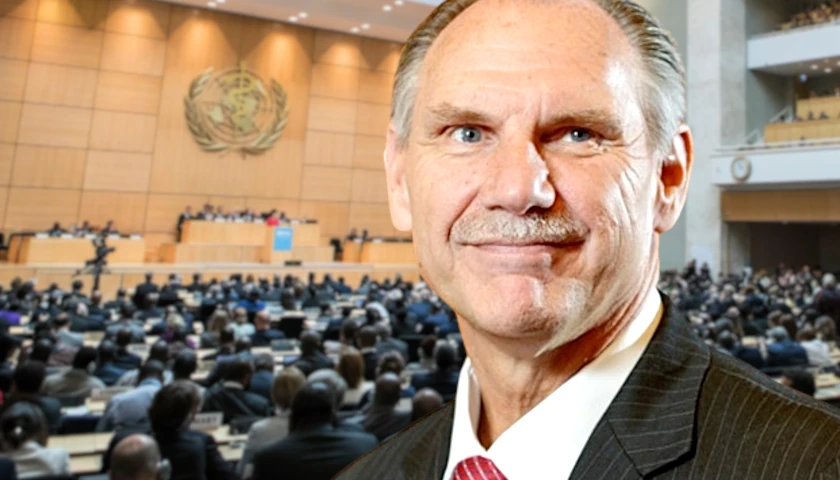The World Health Organization decided on Friday not to declare an international public health emergency over the Ebola outbreak, despite its recent spread from the Democratic Republic of Congo to Uganda.
The WHO’s emergency committee described the outbreak as “an extraordinary event” of deep concern, but said it does not yet meet the criteria to be designated an international emergency.
The panel has only used the label “public health emergency of international concern” four times since the committee was formed in 2005. Those included the swine flu pandemic of 2009, the spread of poliovirus in 2014, the Ebola epidemic in West Africa that begin in 2014, and the Zika virus in 2016.
The designation usually triggers more funding and political awareness about the situation.
The current Ebola outbreak in DRC has killed more than 1,400 people since it emerged last year in August. This week the virus spread to Uganda and there are worries the outbreak, which is also close to the borders of Rwanda and South Sudan, could spread to further countries.
The acting chair of the WHO emergency committee, Preben Aavitsland, said Friday that as long as the outbreaks continues in Congo, “there will be a risk of spread to neighboring countries.” However, he said, “the risk of spread to countries outside the region remains low.”
WHO director general Tedros Adhanom Ghebreyesus, said Friday he accepted the panel’s advice. Tedros, who is in DRC to review the Ebola response, told reporters that “although the outbreak does not at this time pose a global health emergency, I want to emphasize that this outbreak is very much an emergency” for those who are affected by the disease.





